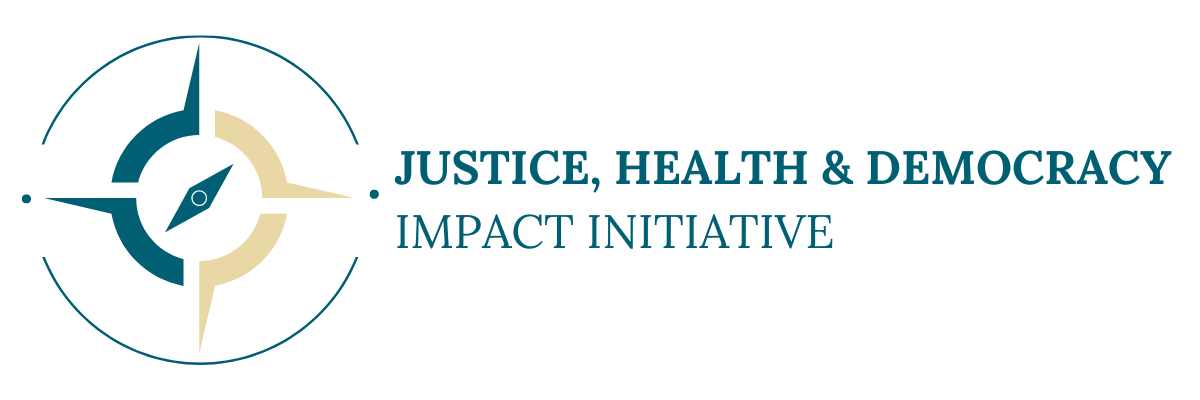Our Goals
United in our purpose
Our mission is to strengthen justice, health, and democracy in all communities by forging partnerships among researchers, policymakers, and stakeholders to deliver ethics-based, impactful, and timely solutions to urgent public problems.
.
Driven by our goals
Sustaining an innovative organizational structure for accelerating the translation of ethics-centered research into practice and amplifying impact
Extending the model developed in response to the opioid epidemic and pressure-tested during the pandemic for further pressing policy areas
Fostering communities of practice and cross-disciplinary dialogue
Reimagining professional development for our affiliated academic researchers by increasing their capacity to work effectively with decision makers
Co-designing projects and implementation with decision-makers and affected communities
Developing and disseminating policy roadmaps, recommendations, documents, implementation tools and resources, grounded in expert research and guided by ethics
Documenting our innovative model of integrated policy-making, which bridges otherwise siloed areas of expertise for more comprehensive and impactful policy solutions, always keeping questions of ethics and values at the fore
Committed to our principles
We firmly believe that when we talk about justice, health, and democracy, we aren’t speaking about three disparate concepts. We are really talking about one thing: human flourishing. Work in the justice reform and economic justice spaces, health equity space, and democracy renovation space are all deeply interconnected.
Take for example the issue of substance use disorder and the opioid crisis: the tools of criminal justice and policing are fundamentally incompatible with what is ultimately a health issue, yet health professionals cannot on their own address a phenomenon that is deeply entangled with the legal system as well as with the relationship between the pharmaceutical industry, lobbying, and democratic decision-making.
Or take as an example the issue of community-wealth building. Economic opportunity is critical but so are social determinants of health and participatory opportunities that powerfully affect stocks of human and social capital.
The work of JHD aims to transition policymaking from siloed responses to social problems to holistic strategies focused on building individual and public health and community wellbeing.

